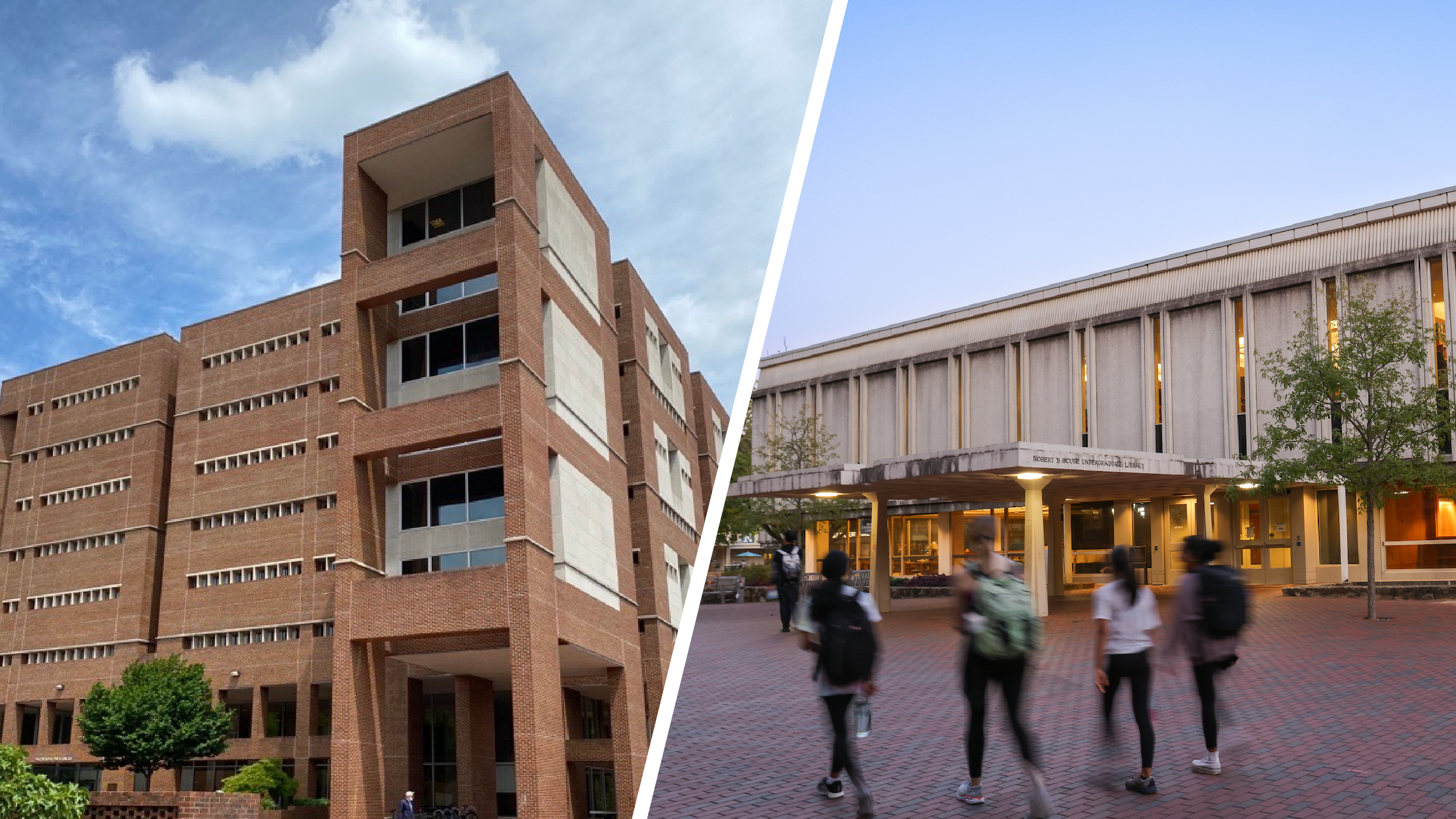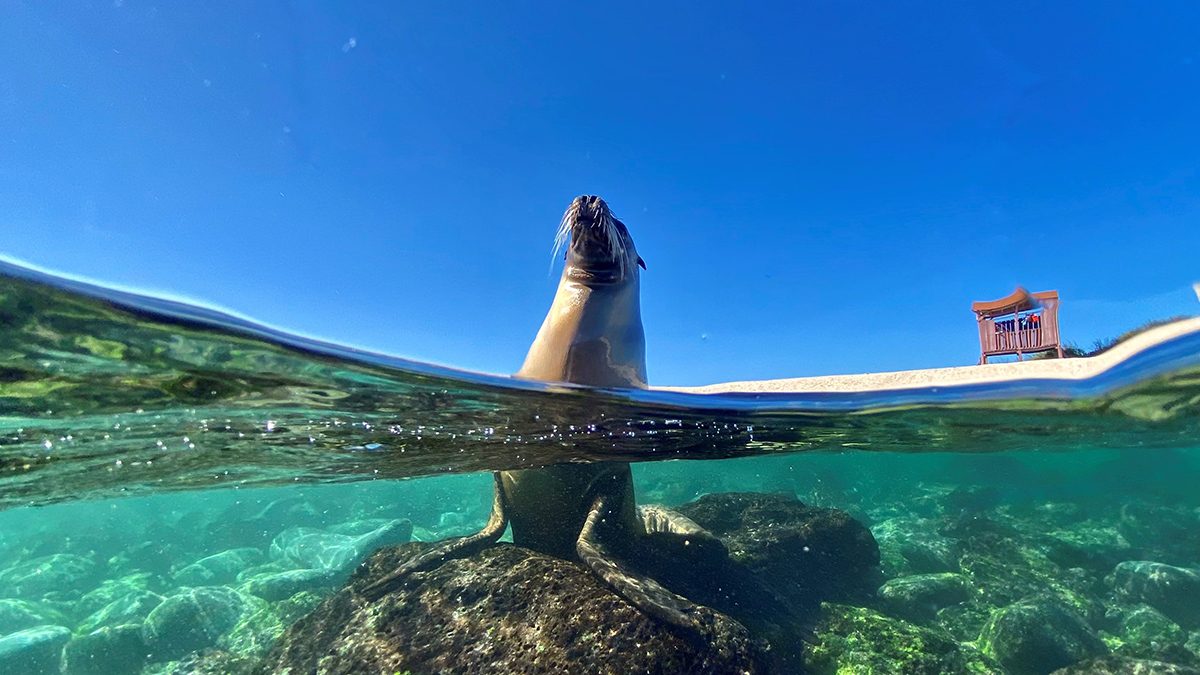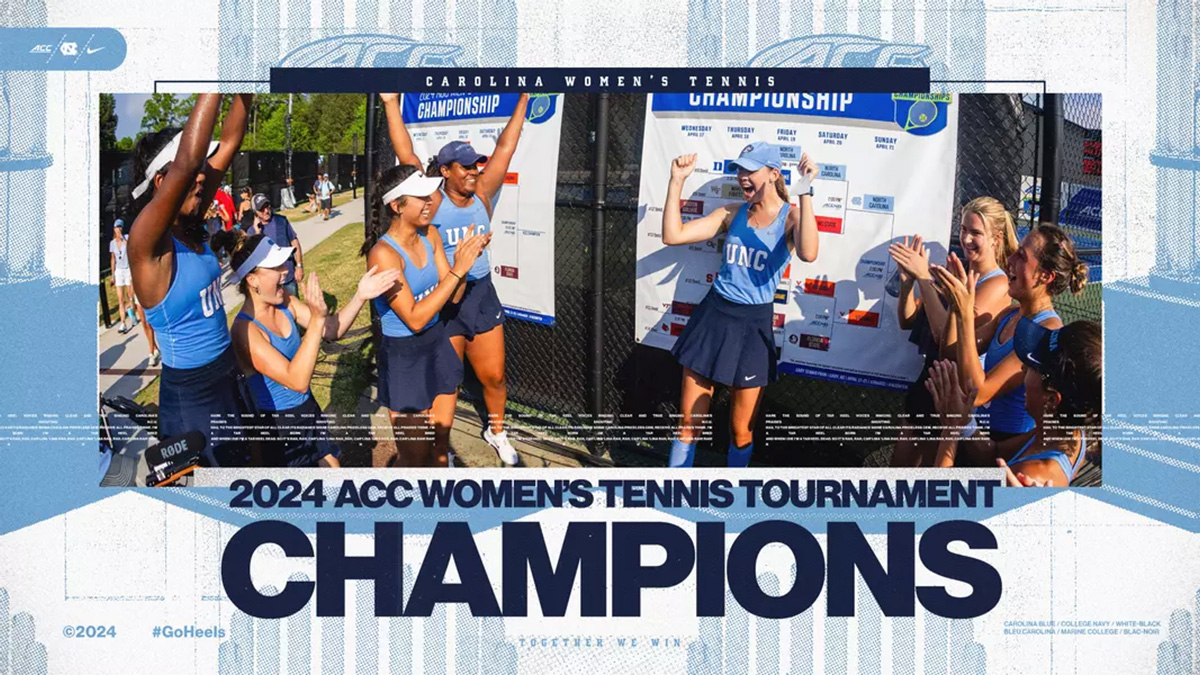Five questions: Atul Gawande
Atul Gawande, a professor at Harvard School of Public Health and a surgeon at Brigham and Women’s Hospital, will be the featured speaker at Carolina's spring Commencement.
Atul Gawande, a professor at Harvard School of Public Health and a surgeon at Brigham and Women’s Hospital, is so busy addressing some of the most important challenges in the 21st century that the only time he had for a pre-commencement interview was at 6:30 a.m. earlier this week — on his way to work. He had returned from a weeklong trip to India the day before and was on his way to see his clinic and surgery patients in Boston.
But that’s not the only way he spends his time. He also runs Ariadne Labs, a center for health systems innovations where he works on simple, scalable ways to make health care better, particularly during three critical moments in people’s lives: childbirth, end of life and when people need to turn to surgery. Lately, he is also putting the finishing touches on his fourth book that will come out in the fall.

Atul Gawande, a professor at Harvard School of Public Health, surgeon at Brigham and Women’s Hospital, and author will speak at UNC’s Commencement.
Sunday, he will speak at UNC’s Commencement. He took some time to catch up with us before he arrives.
Why did you accept UNC’s invitation to speak at Commencement?
It’s hard to turn it away. There are many reasons. It’s one of the leading educational systems in the country. I admire so many people there who have done incredible work. … But also it’s a chance to reach a wide group of people. I am a doctor. I am not a celebrity, I am not an actor or a powerful politician. So it is a very special thing to have people wish to hear from someone whose main contributions are writing and ideas and just being a doctor. That’sprobably the biggest reason for wanting to do it.
Health care is a major issue in the United States now, politically and economically. How do you think the changing health care landscape will affect graduates’ careers and lives in the coming years and decades.
There’s the short term. Just being able to have health care coverage is a huge concern. It is only recently that graduates could be on their parents’ policy after graduating from college while they are looking for a job. And when they get their jobs, the jobs may not have health care coverage available for them. So there’s that level of concern, and when you’re feeling young and healthy and there are no issues, those are among the last issues on anybody’s mind.
But the larger picture is that in the course of our lives, we will all end up needing health care in order to live successful lives, and we have a system that is incredibly costly and complex and a burden on society — while at the same time being incredibly essential to all our lives. So I think for this generation making systems work in health care, in education, in our towns and cities is probably the most important challenge that they are going to face.
You’ve pushed for health care reform, and particularly for reform in the way that we educate doctors. Many Carolina graduates will pursue medical training. What advice do you have for graduates who want to be 21st-century doctors, and how will their careers differ from doctors trained a generation ago.
The story of success for this generation of doctors and other professions is going to be very different from the story of success a generation ago. A generation ago, your success depended on how much you knew, how much you could hold in your head, how much of the knowledge and skill that was out there you could accumulate for yourself. For a doctor, it was about all the drugs, diseases and diagnoses you could memorize and then all of the treatments, methods and approaches you could skillfully deploy. Now the volume of knowledge and the volume of expertise required to get the results is more than any one person can possibly hold. Knowledge has completely exploded.
So what it means to be successful in the world is recognizing that you are only part of the success of taking care of a patient or educating a student or building a building or anything else you set out to do. The craftsman is a smaller and smaller part of our world and people have to be able to work successfully as part of a team. That is the transformation that I see in medicine —that doctors have largely been trained to be cowboys. We do it ourselves. The reality is that, in order to help somebody, it requires a lot of people, and it’s beginning to look more like a pit crew now. We are in a world where you are detectives in bringing people together, making them successful, helping them know when they are successful and when they fail, and be able to have the hard conversation of how well or how not so well we are all doing.
You wear many hats including those of a surgeon, writer and a public health reform advocate. Do you feel that being able to approach seemingly intractable problems such as health care reform from multiple angles is a necessary part in finding solutions to big challenges?
There is a tremendous satisfaction that comes from being able to solve problems. As people graduate college, you don’t feel terribly equipped to solve problems in the world. But it is not going to be long before you are in a job or even just in family life and figure out, that’s what you do. You solve problems.
A tremendous amount of meaning comes from the kind of problems you try to solve. The satisfaction then comes from feeling successful in solving problems. But the satisfaction also comes from the size of the problems you manage to solve. So I’ve been lucky to tackle what I call big, hairy problems, and when you do you never solve them yourself and they also don’t have true, fixed solutions — you know, clap your hands and it’s done. The kind of problems that occur in society — like how we control the cost of health care or ensure we get coverage of health care for everybody who needs it — those kinds of problems you are making better or you are making worse. You are making progress or you are not. And being part of making progress in whatever little way you can have is the incredible opportunity.
There’s nothing more Ilove than diving into something I do not understand and unraveling it. It’s the chance to go for something larger than yourself. And that’s in many ways what we need to do as human beings. It’s who we are. Whether we are tackling it from many angles or really feel like we have a vision of the direction we have to go, that really depends on the situation
I wrote a New Yorker article on why we itch based on the case of a patient who had an itch so bad that she scratched through her own skull. And those are just pieces — maybe find a solution but certainly tell a story and hopefully connect with other human beings in ways that make them more interested, and feel like as if there is more understanding, and maybe even laugh a little bit.
Unlike a generation ago, most young workers today will not stay with the same company for their entire career and likely will continue their education and training through much of their lives. You’ve become a master of multiple trades, having picked up writing long after you became a respected doctor. What are some things you’ve learned about perseverance or failure as you’ve modified your career over the years?
It’s funny. I did a lot of different things before I came to medicine and within medicine. But it hasn’t felt like perseverance, it felt like the opportunity for exploration. That each little change has given me something new to learn and in some way to grow. And it has kept me from feeling stale or stagnating. So I always seem to have a five-year plan, and at the end of the five years I never seemed to have followed it but have realized that it was really helpful to have the plan anyway.
The key for me has been to focus as much as possible on results, on the ways in which I am able to do something really fast and effective — then it’s either you failed, as often happens, or succeeded. And then to move on. To recognize that then you have to push onwards and build on what you got. And then just take it another step forward. I think the main form of perseverance is to not let myself sit still. … I am not sure that’s an answer for everybody. I think if you find something that you care about doing in life, that is a huge victory. And then you ought to keep on finding ways to do it.




